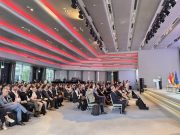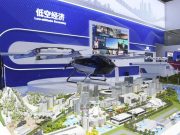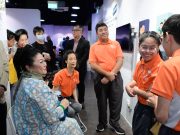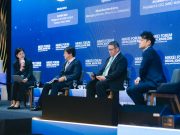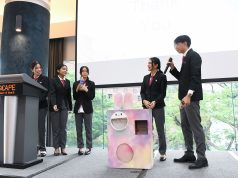(Singapore, 3 March 2020) Exposure to price promotions can cause impatience in waiting for a bus or self-checkout among other unrelated settings, a new National University of Singapore (NUS) Business School study has shown.
The findings, co-authored by Professor Leonard Lee from NUS Business School and another researcher from US, were published in the Journal of Marketing Research in January 2020.
“Price promotions have become commonplace, and it’s interesting to see how exposure to price promotions in one setting can cause one to feel impatient in a separate setting,” said Prof Lee.
“In addition, consumers need not seize the promotion opportunity; just the exposure alone can make them impatient.”
The study analysed the responses of over 1,700 participants who were divided into two groups. One group was exposed to price promotions while the other was the control group. In a series of smaller experiments, including online and field studies, the researchers examined participants’ willingness to wait and actual wait times in different scenarios.
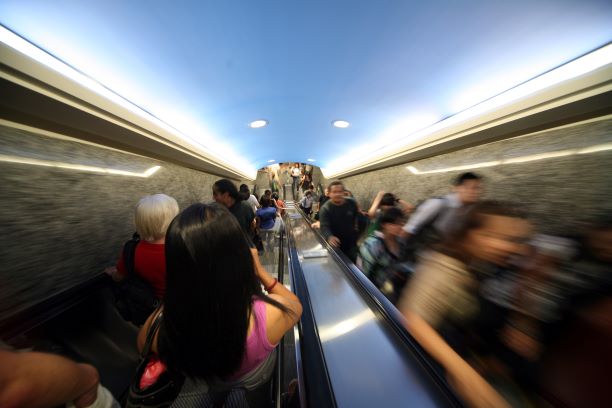
Participants who were exposed to price promotions indicated their willingness to pay a higher amount to avoid waiting for a bus, compared to those in the control group. In another study where participants had to wait for a video to load, those exposed to price promotions tended to press the “skip” button sooner.
The group exposed to price promotions also had a greater tendency to break rules in order to save time, such as using a self-checkout lane intended only for other shoppers with fewer items. Through questionnaires that tested participants’ sensitivity to rewards, researchers found that the impatience effect is more pronounced in people who are more responsive to incentives.
Researchers explain that price promotions trigger one to seek rewards, and reward seeking leads to impatience.
In a field experiment at a food court, participants who were exposed to a mock credit card promotion spent less time ordering and purchasing food, when compared to the control group.
Assistant Professor Franklin Shaddy from Anderson School of Management at the University of California, the study’s co-author, shared how managers can use the findings to increase or decrease customers’ impatience.
He said that previous research has shown that impatience causes consumers to make impromptu purchases. So, managers might want to offer price promotions in settings where they want to encourage unplanned spending, such as in checkout lines or near purchase buttons on retail websites. Of course, the opposite would be true in situations where consumers are already impatient.
“We came up with this idea when discussing all the hysteria that accompanies Black Friday in the United States every year,” he said, noting that it’s the one day of the year when people are most inundated with sales promotions, and it also happens to be the one day of the year for most impatience out of consumers.
“People wait in frustratingly long lines, stores are packed, and customers even get into fights with each other. We thought the association might be more than coincidental,” Asst Prof Shaddy added.
Prof Lee also commented that while consumers may view price promotions as a way to save money, they should also be aware of the impatience effect that promotions can cause.
“This impatience may also cause them to lose out on a better deal later. In this case, the deal itself becomes more than what the consumers bargain for, ” Prof Lee said.


